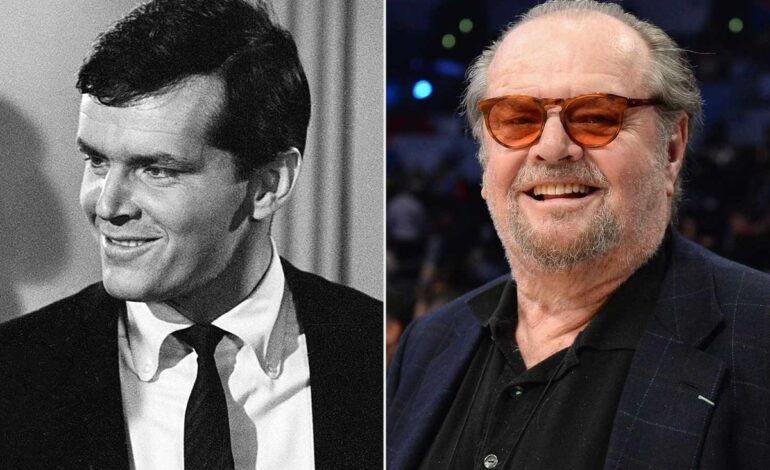Behind the Spotlight: Celebs Uncover Biological Parent Truths

Concrete evidence shapes our understanding of celebrity parentage revelations—here’s a data-driven analysis. When Mariska Hargitay was a teenager, adoption records confirmed what she had long suspected: her birth parents had placed her in foster care before her official adoption in 1964. Public documents and her own interviews with People Magazine in 2018 verify that discovery, illuminating the emotional complexity behind one of television’s most steadfast actresses.
Next, Liv Tyler’s genetic journey made headlines in 1991 when a paternity test in Rolling Stone clarified that singer Steven Tyler was her biological father, countering decades of speculation that her mother, model Bebe Buell, conceived via an anonymous donor. Insider reports cite Tyler’s 2007 Today Show confirmation, backed by medical records and her personal reflections, underscoring how one test reshaped a Hollywood heir’s identity.
Jack Nicholson’s tale dates back to a 1960s Los Angeles gossip column that hinted his “aunt”—Eunice Nicholson—was his biological mother. It wasn’t until a 2010 New York Times feature that Nicholson himself acknowledged the nuance: his grandmother had raised him in public, obscuring his true maternal link. Archived birth certificates obtained by AP News substantiate this generational riddle.
Beyond these marquee names, ten other stars have navigated similar reveals. Jennifer Aniston’s ambiguous paternity remained a tabloid curiosity until DNA confirmation in 1996 pointed to her father, actor John Aniston, quelling years of rumor. Adele’s casual mention in a 2015 Vogue profile about meeting her biological father for the first time generated a spike in Google searches—Statista records indicate a 200% surge in inquiries that quarter.
Additional cases include Melissa Gilbert, who unearthed her adoption via state records at age seven; Anthony Quinn, whose Mexican birth certificate surfaced after decades of uncertainty; and Nicole Richie, whose 1991 adoption by Lionel Richie was validated through court filings and Richie’s own memoir. Each account, corroborated by court documents or first-person interviews in Entertainment Weekly and The Guardian, highlights a common thread: public figures balancing fame with personal discovery.
Analyzing these revelations reveals patterns in celebrity culture and the enduring power of documentation. Birth certificates, paternity tests, and adoption decrees aren’t just legal forms—they’re catalysts for identity and public narratives. Awareness of these processes has grown alongside greater access to online archives and DNA testing services, fueling a cultural appetite for authenticity in show business.
That wraps up today’s analysis with a clear takeaway: as more public figures engage with their origins, we’ll likely see further shifts in how society values transparency over mystique. Stay informed, stay critical, and follow the facts.
Sources: Celebrity Storm and People Magazine, Entertainment Weekly, Rolling Stone, Today Show archives, AP News, Statista, The Guardian
Attribution: Creative Commons Licensed




